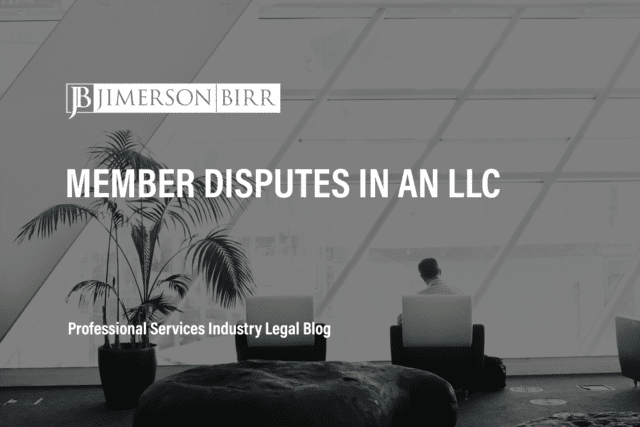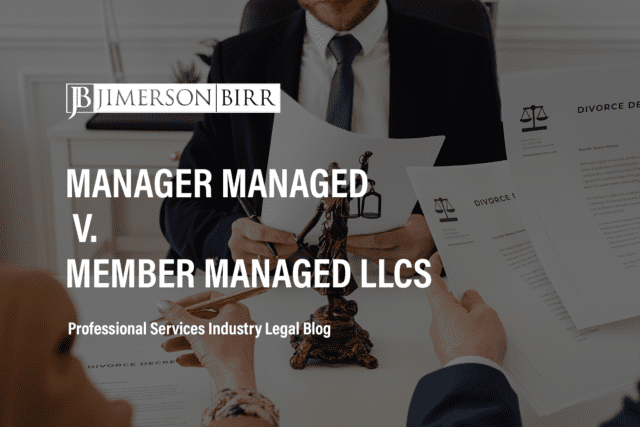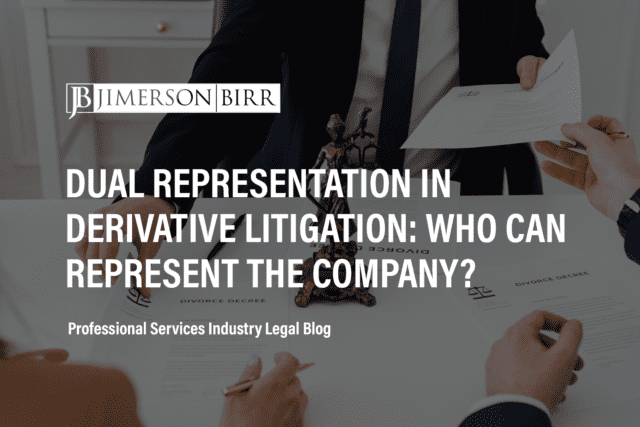What is a breach of the articles of incorporation, membership agreement, or partnership agreement?
A breach of the articles of incorporation, membership agreement, or partnership agreement occurs when one or more parties fail to comply with the terms and conditions outlined in these legal documents. The articles of incorporation are the primary legal document that establishes a corporation’s existence and includes details such as the company’s name, purpose, and ownership structure. A membership agreement outlines the terms and conditions of membership in an organization, while a partnership agreement outlines each partner’s rights, responsibilities, and obligations.
“Breaching” these documents means that one party violated the terms of the document. Breaches include failing to make required contributions or payments, disclosing confidential information, or engaging in activities that conflict with the organization’s purpose or goals. In such cases, the party that has breached the agreement may face legal consequences, including financial penalties or legal action, depending on the breach’s severity and the agreement’s terms.
Need help with a matter related to a breach of the articles of incorporation, membership agreement, or partnership agreement? Schedule your consultation today with a top shareholder disputes and derivative litigation attorney.
In Florida, which laws and regulations apply to a breach of the articles of incorporation, membership agreement, or partnership agreement?
In Florida, the laws and regulations that relate to a breach of the articles of incorporation, membership agreement, or partnership agreement include:
- Stat. § 607.0202: This statute outlines the requirements for a corporation’s articles of incorporation. If the corporation or a corporation member breaches any of these requirements, it could lead to liability.
- Stat. § 607.1001: This statute outlines the procedure to amend the articles of incorporation, which could help corporations to avoid breaching them.
- Stat. § 605.0105: This statute outlines a limited liability company’s operating agreement requirements.
- Stat. § 605.0106: This statute outlines rights that can be provided or afforded under an LLC’s operating agreement.
- Stat. § 620.1110: This statute outlines the effect of the partnership agreement, including different required provisions.
- Stat. § 95.11: This statute outlines the five-year statute of limitations for most breaches of contract.
What evidence does a plaintiff generally need to file a lawsuit regarding a breach of the articles of incorporation, membership agreement, or partnership agreement, and what are common legal defenses to those claims?
A plaintiff generally needs to provide the following evidence to sue for breach successfully:
- Evidence of the agreement: The plaintiff must prove that the parties entered into a valid and enforceable agreement or articles of incorporation. Most often, this entails providing a copy of the agreement, testimony from witnesses who were present during the formation of the agreement, or other relevant documentation.
- Evidence of the breach: The plaintiff must provide evidence that the other party breached the agreement. The most valuable forms of evidence are case-specific. Still, they might include failing to follow the corporation’s procedures, engaging in actions that violate the organization’s stated purpose, or otherwise acting outside the scope of the organization’s authority. Usually, this evidence derives from internal sources such as emails, contracts, or financial records and external sources like witness testimony or expert opinions.
- Evidence of damages: The plaintiff must provide evidence of the damages they suffered due to the breach. Parties often support their damage valuations with financial losses, lost profits, or other quantifiable damages.
Common legal defenses to claims of a breach of the articles of incorporation, membership agreement, or partnership agreement in Florida include:
- Business judgment rule: This legal principle generally protects corporate officers and directors when they make decisions in good faith, based on reasonable information, and in the corporation’s best interests.
- Invalid agreement: A defendant may argue that the agreement is invalid or unenforceable due to fraud, duress, or mistake.
- Waiver: A defendant may argue that the plaintiff waived their right to sue for the alleged breach, such as if the plaintiff continued to work with the defendant despite knowledge of the alleged breach.
- Statute of limitations: A defendant may argue that the lawsuit was filed after the applicable statute of limitations had expired, meaning the plaintiff waited too long to file the claim.
- Mitigation of damages: A defendant may argue that the plaintiff did not take reasonable steps to mitigate their damages after the alleged breach, meaning that the plaintiff could have avoided or reduced their damages if they had acted differently.
When a set of facts is appropriate to meet the requirements giving rise to a breach of the articles of incorporation, membership agreement, or partnership agreement, there are many paths a claimant may take. We are value-based attorneys at Jimerson Birr, which means we look at each action with our clients from the point of view of costs and benefits while reducing liability. Then, based on our client’s objectives, we chart a path forward to seek appropriate remedies.
To determine whether your unique situation may necessitate litigation, please contact our office to set up your initial consultation.
Frequently Asked Questions
- What are some common issues that can lead to a breach of these agreements?
Common issues that can lead to a breach of these agreements include disputes over control and decision-making, disagreements over the division of profits or losses, failure to meet financial obligations and differences over the management of the business.
- What should I do if I believe one of these agreements has been breached?
If you believe a breach has occurred, consult an attorney who can advise you on your legal rights and options. You may be able to negotiate a resolution with the other party, or you may need to pursue legal action to enforce your rights.
- What types of damages can I recover if I pursue legal action for a breach of one of these agreements?
If you pursue legal action for a breach of an agreement, you may be able to recover damages such as lost profits, the cost of repairing any damage caused by the breach, and legal fees and costs associated with pursuing the claim.
Have more questions about a breach of the articles of incorporation, membership agreement, or partnership agreement-related situation?
Crucially, this overview of a breach of the articles of incorporation, membership agreement, or partnership agreement does not begin to cover all the laws implicated by this issue or the factors that may compel the application of such laws. Every case is unique, and the laws can produce different outcomes depending on the individual circumstances.
Jimerson Birr attorneys guide our clients to help make informed decisions while ensuring their rights are respected and protected. Our lawyers are highly trained and experienced in the nuances of the law, so they can accurately interpret statutes and case law and holistically prepare individuals or companies for their legal endeavors. Through this intense personal investment and advocacy, our lawyers will help resolve the issue’s complicated legal problems efficiently and effectively.
Having a Jimerson Birr attorney on your side means securing a team of seasoned, multi-dimensional, cross-functional legal professionals. Whether it is a transaction, an operational issue, a regulatory challenge, or a contested legal predicament that may require court intervention, we remain a tireless advocate every step of the way. Being a value-added law firm means putting the client at the forefront of everything we do. We use our experience to help our clients navigate even the most complex problems and come out the other side triumphant.
If you want to understand your case, the merits of your claim or defense, potential monetary awards, or the amount of exposure you face, you should speak with a qualified Jimerson Birr lawyer. Our experienced team of attorneys is here to help. Call Jimerson Birr at (904) 389-0050 or use the contact form to schedule a consultation.

We live by our 7 Superior Service Commitments
- Conferring Client-Defined Value
- Efficient and Cost-Effective
- Accessibility
- Delivering an Experience While Delivering Results
- Meaningful and Enduring Partnership
- Exceptional Communication Based Upon Listening
- Accountability to Goals











